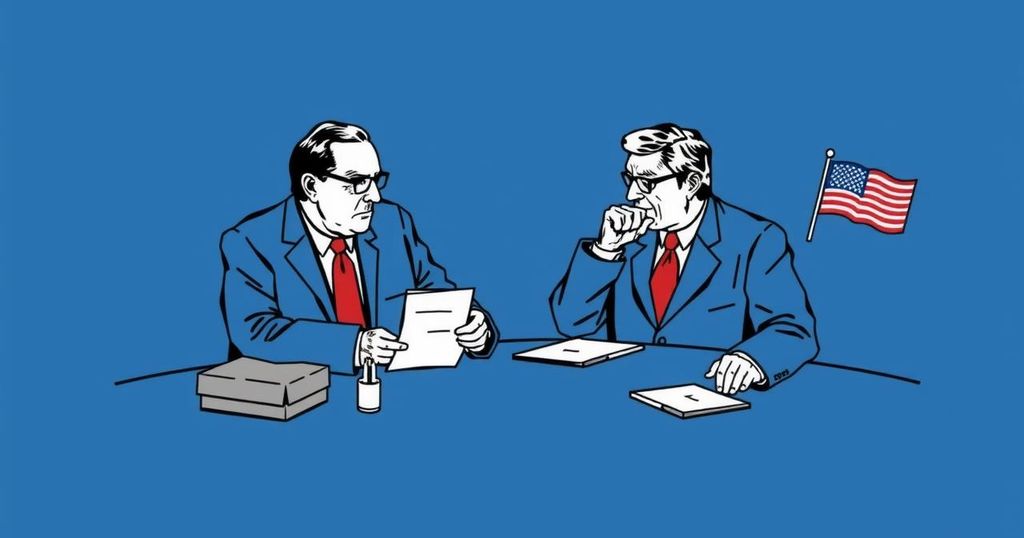Challenges of Precanvassing Regulations in Pennsylvania’s Mail Voting System

The article highlights the frustrations of Pennsylvania election officials regarding precanvassing laws, which limit ballot processing to Election Day, thereby causing significant delays in results. Despite advancements and funding since the 2020 presidential election, legislative reforms allowing earlier processing have been stalled due to partisan divisions, particularly over voter ID requirements. Voters may face similar challenges in the upcoming November elections as officials seek to navigate the complexities of mail and in-person voting simultaneously.
In Pennsylvania, the 2020 presidential election exemplified the challenges of implementing no-excuse mail voting for the first time, intensified by the COVID-19 pandemic. The state’s specific “precanvassing” rules, which mandate that election officials cannot begin processing mail ballots until 7 a.m. on Election Day, led to significant delays in results, drawing unfounded claims of fraud from former President Donald Trump. As election officials gear up for the upcoming November 5 elections, they express the need for precanvassing—conducting preliminary steps such as envelope verification and ballot sorting prior to Election Day—to eliminate operational strain and enhance efficiency, particularly since the processing of mail ballots is highly labor-intensive. These concerns have remained unaddressed in legislative discussions, as state lawmakers have yet to reach a consensus on reforming precanvassing regulations. The governor and the legislature are at an impasse, with Republicans advocating for expanded voter ID requirements as a condition for modifying precanvassing rules, which Democrats have resisted. The last legislative session saw attempts to authorize early ballot processing, yet the Republican-controlled Senate has not advanced these discussions. Without any changes, election workers will continue facing significant pressure on Election Day, managing the complexities of simultaneous mail and in-person voting. Despite having gained experience since 2020 and receiving additional state funding to upgrade processing equipment, the restrictive laws remain a stumbling block for election officials across Pennsylvania. Legislative reforms suggested include allowing processing several days before the election. However, the stark partisan divide has impeded progress. The inability to implement these necessary changes means that Pennsylvania continues to lag behind 43 other states that enable earlier ballot processing. Accordingly, election officials are concerned about repeating historical challenges, leading to a situation where voters may again experience delays in receiving election results.
The article discusses the challenges faced by Pennsylvania election officials in processing mail ballots, particularly due to restrictive precanvassing laws. Established as part of a broader mail voting implementation, these rules limit the ability of officials to begin processing ballots until Election Day, contributing to delays and concerns about election integrity, especially in the wake of false claims of fraud. With upcoming elections, the need for legislative reforms has become imperative, but partisan divisions have complicated efforts to amend the current laws.
In summary, the current precanvassing regulations in Pennsylvania present substantial challenges for election officials, who are tasked with efficiently processing a high volume of mail ballots. As the upcoming election approaches, the necessity for reforms, such as permitting early ballot processing, is clear. However, political disagreements, particularly regarding voter ID requirements, have stalled legislative progress. Without these amendments, the state risks facing similar delays as experienced in the last election, impacting voter confidence and efficiency in the electoral process.
Original Source: www.spotlightpa.org







